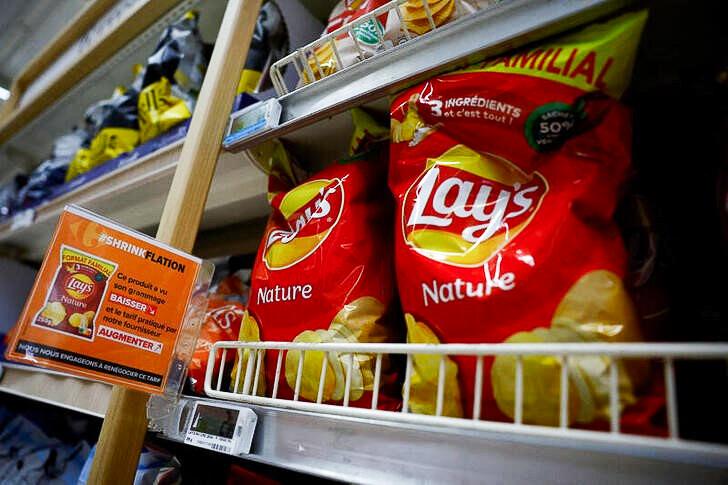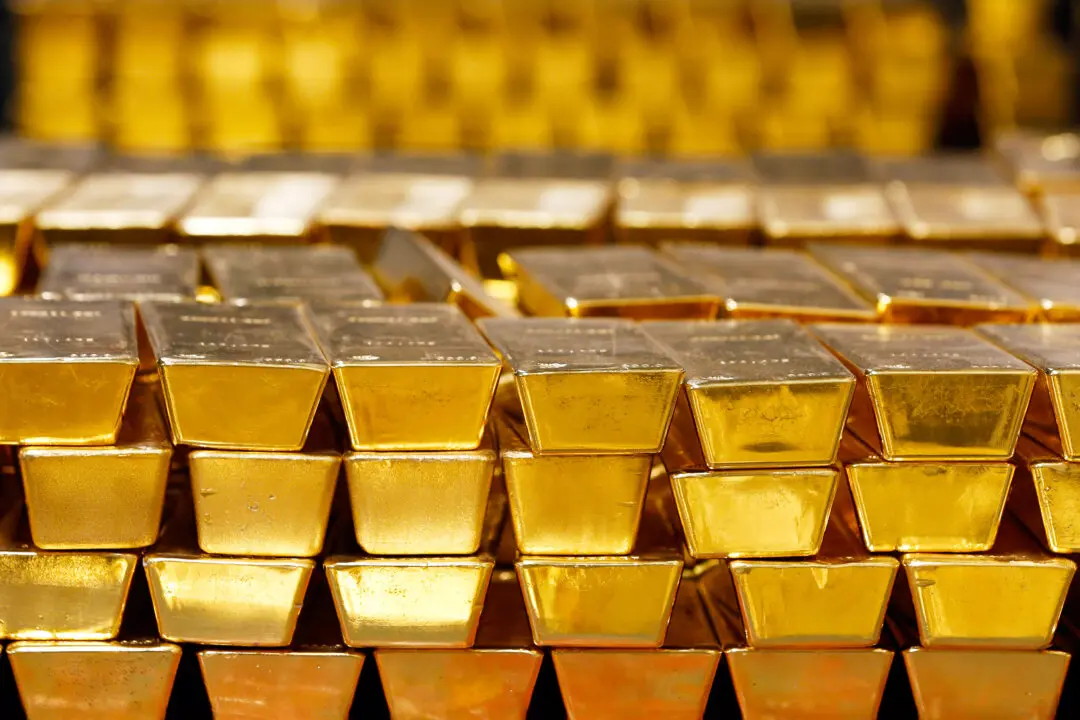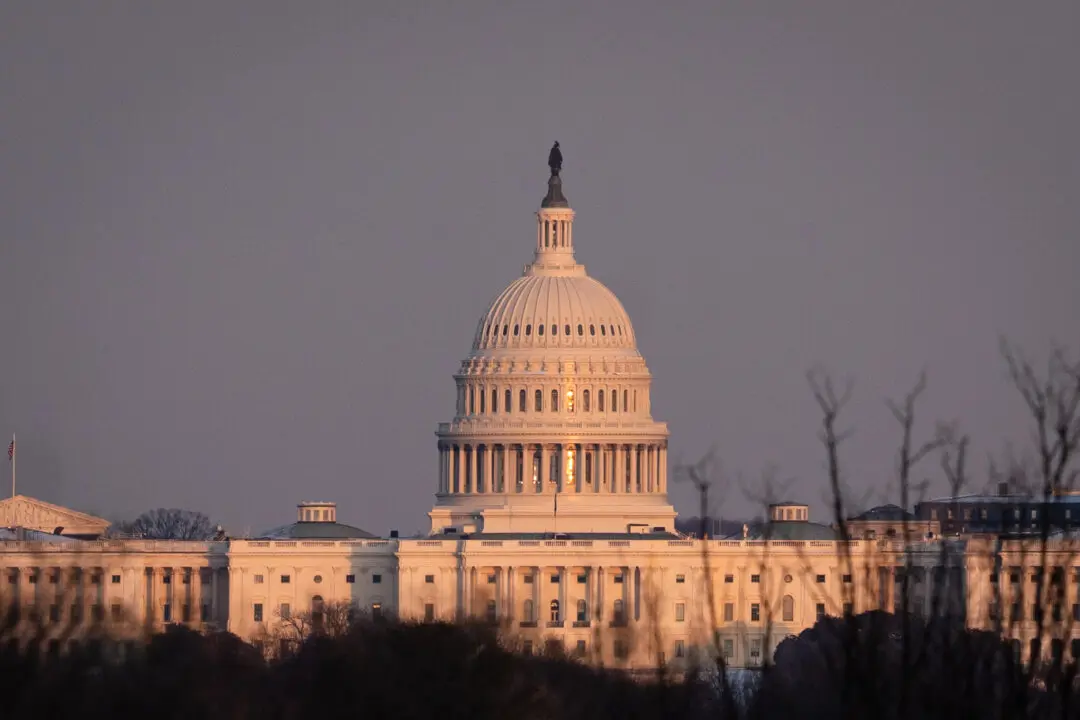As inflation reaccelerates and price pressures remain elevated, President Joe Biden and his administration have repeatedly claimed that a combination of shrinkflation and greedflation has contributed to today’s persistent inflationary challenges. However, one economist says that how the private sector responds to inflation is not contributing to it.
Shrinkflation, the practice of reducing product packaging while keeping prices unchanged—whether the size of a bag of potato chips or the number of sheets in a roll of toilet paper—has been prevalent throughout the U.S. marketplace.





